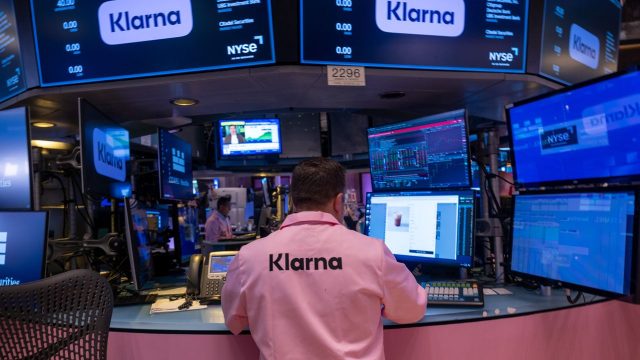
The IPO market sprang back to life last week, said Bailey Lipschultz in Bloomberg. Six companies raised more than $4 billion in “the busiest period” for initial public offerings since 2021. The highlight was Klarna, the fintech firm that raised $1.37 billion and saw its shares pop 30% on their first day of trading. Gemini, a crypto exchange founded by the Winklevoss twins, and Figure, a crypto lender, also made strong debuts. For those using the flood of deals as a measure of “just how frothy the stock market is getting,” however, the reading was “mixed.” The median listing “opened 31% above the offer price,” which, while strong, doesn’t “point to unbridled enthusiasm.” Still, it was encouraging for the IPO market, which has been bottled up for years. “Roughly $29 billion has been raised on U.S. exchanges” so far this year, which “pales in comparison to the manic years during the pandemic.”
Conditions for an IPO rebound look favorable now, said Pan Yuk in the Financial Times. “Stock markets are at or near all-time highs, and the market is pricing in a high likelihood of an interest rate cut” this week. Much of the tariff drama from the Trump administration is behind us. Renaissance Capital anticipates 40 to 60 more U.S. IPOs “could raise roughly $10 billion” before the end of the year. It’s notable, however, that much of the IPO excitement “is being driven by companies from pumped-up sectors,” like AI and crypto. You can be sure that bankers will be rushing to use this window of market calm for listings, said Paul J. Davies in Bloomberg, because experience shows that it can slam shut quickly. “Industry and finance have adjusted to President Trump’s mercurial policymaking,” but “he hasn’t lost the power to shock with some new wild decision.”
Retail investors are playing a bigger role in IPOs than ever before, said Corrie Driebusch and Hannah Erin Lang in The Wall Street Journal. Individuals typically get about 6% of the IPO, with institutions buying up the bulk of the shares. But Gemini and others “earmarked nearly a third” of shares for retail investors, a sign of their growing influence on the actions of Wall Street. Retail demand is starting to change the dynamics of IPO pricing, said Madison Mills in Axios. “Typically, a bank handling an IPO would sell shares to a select group of institutions or funds” that it can work with to set the price. But companies are coming around to the idea that they want individual investors in their IPOs, and more management teams “want to engage retail from the beginning.” Retail investors create buzz, and they hang on to their shares longer than money managers who often sell as soon as the stock “pops” on the first day.
After years of slowness, companies like Klarna and Gemini are reviving the IPO market






